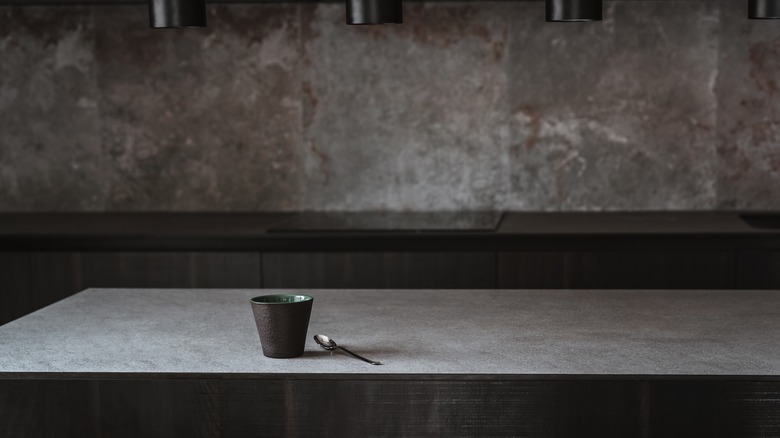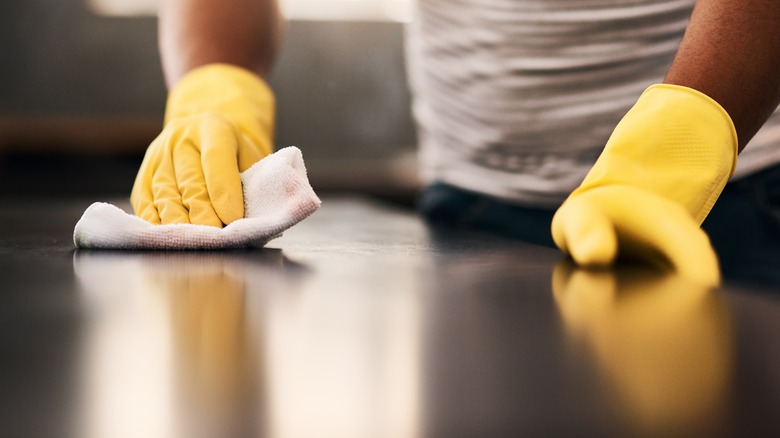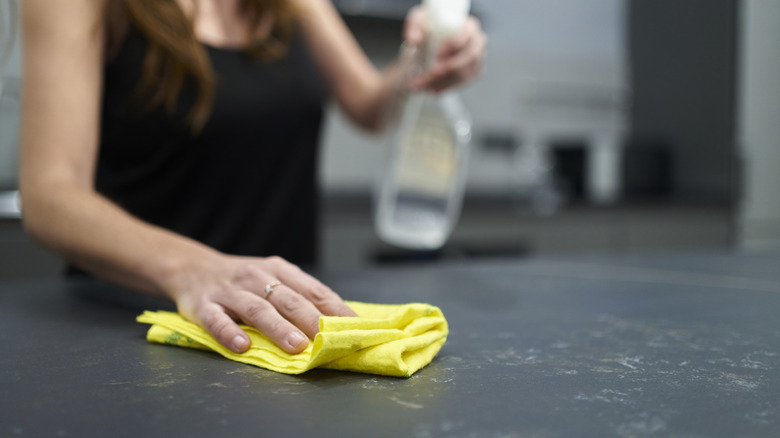Why Your Soapstone Countertops Are Turning Darker Every Year
Soapstone countertops are growing in popularity due to their smooth look and overall durability against heat and stains. Despite their advantages in your kitchen area, some homeowners have mixed feelings about soapstone countertops. Not only can soapstone dent easily, but it also tends to grow darker in color over time through a natural aging process known as patina.
Soapstone itself is primarily composed of talc, though it may also contain other trace minerals, such as chlorite, mica, and carbonates. The stone is actually lighter in color when first installed as a countertop, similar to a light gray. Part of the appeal of a soapstone countertop is the fact that it naturally darkens over time. If you already have soapstone installed in your kitchen and are noticing it is darkening, this may actually be a sign you are caring for it properly. On the other hand, if you're new to soapstone, know that it's normal for it to darken and that proper care for the material helps this process along.
Oiling is the key to maintaining soapstone
Unlike other stone countertops such as granite, you don't need to seal soapstone because it is considered nonporous. However, to keep your soapstone counter looking its best, you do have to oil it on a regular basis. This is similar practice to maintaining a butcher block countertop. Failing to oil your soapstone out of fear of the material darkening might ironically cause dark spots to form on your countertop. While these may not appear immediately, they can creep up along the surface of soapstone in the long-term.
All you need for oiling a soapstone countertop is mineral oil and two clean towels. First, spread a small amount of mineral oil along the countertop and rub it in the surface of the soapstone with a soft, clean towel or cloth. Let it sit for 30 minutes. Then, buff out the remaining oil with your other clean towel.
Other maintenance tips for soapstone countertops
Soapstone countertops are overall pretty durable, which is why homeowners love them so much. With regular oiling, you should be able to enjoy your countertop for years to come, but also expect that the stone will naturally darken over time. However, aside from oiling soapstone, there is still more you need to know about soapstone countertops. First, know that while soapstone countertops are heat-tolerant and generally crack-resistant, they can dent and scratch easily. Some of the most common mistakes that damage soapstone result from accidentally dropping a heavy item on the countertop, or placing large objects, such full pots and pans, on the surface too forcefully.
Also, there's mixed advice about whether you should never use acidic cleaners on soapstone, including white vinegar or lemon juice. While some professionals warn against this practice, others claim it is safe. To err on the side of caution, you may consider using just plain water and soap to clean these countertops. And keep oiling it regularly in case your dish soap discolors the stone.


